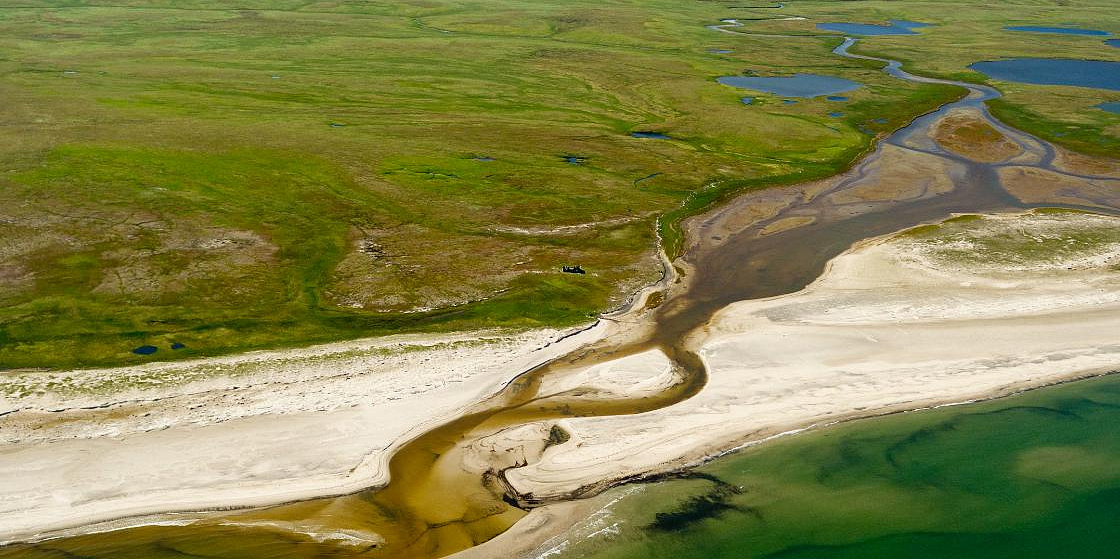
Photo: Shtrik Vadim/GeoPhoto.ru
Russia’s Chief Scientist Speaks of Climate and Energy Transition
On 23 November 2021, Alexander Sergeiev, the President of the Russian Academy of Sciences, gave an interview to Rossiyskaya Gazeta, the Government’s official newspaper, in which he made a brief exposé of the Russian position as regards transiting to green fuels, offset strategies, and other key aspects of the climate-related agenda. The issues raised are of specific importance to Russia, including for the reason that a considerable part of this country’s territory lies North of the Arctic Circle, with this region being especially vulnerable to climate changes. Here are some of the points made by Mr. Sergeiev:
Arctic Today is a column by PORA CEO Alexander Stotskiy analyzing major international, national and regional events and trends in the Arctic.
- Russia is determined to promote the idea of decreasing the adverse impact of humankind on the natural environment. It is with this vision in mind that this country has signed both key instruments on climate, the Kyoto Protocol and the Paris Agreement. However, Moscow believes that all policy changes should be economic and backed by scientific evidence.
- It is a high priority for Russia to make this country’s real contribution to global greenhouse gas mitigation count. Being home to major carbon sinks such as millions of acres of forests, farmlands and water basins, Russia’s role is, at this point, dramatically underestimated.
- In this light, a major research effort is needed to determine this country’s real carbon mitigation capacity and better understand which assets contribute the most to reducing pollution and capturing greenhouse gases. To this end, a network of carbon testing facilities is being deployed throughout Russia.
- Promoting nuclear and hydroelectric power as clean ones is yet another task to accomplish in this regard. Despite the dreadful image nuclear power has in the West, Russia should at least try to make Westerners change their mind. A large-scale research project dubbed “Breakthrough”, which is currently underway in Russia, may be a real game changer. The idea behind this initiative is to design a closed-cycle reactor running on Uranium 235, a much more available resource than Uranium 238, and producing no radioactive waste at all. In turn, in order to redeem hydropower in the eyes of the public, the Energy Ministry has launched a project to study the impact and effects of hydroelectric power plants on water systems and biodiversity.
- In their present form and shape, renewables are not a good choice in terms of responding to the climate change challenge. With their adverse impact staying out of the spotlight, they do create new environmental challenges to be faced in the future. Apart from this, the introduction of renewables entails a whole array of economic issues that are being neither studied nor properly addressed.
- While many countries bet on hydrogen as a new clean fuel, it is clearly overhyped and is being promoted for political rather than economic reasons. Experts believe that to be economic, the hydrogen production cycle should be at least 5 times cheaper than it currently is. In addition, hydrogen is challenging to both store and transport.
Arctic Today is a column by PORA CEO Alexander Stotskiy analyzing major international, national and regional events and trends in the Arctic.
24 November 2021




